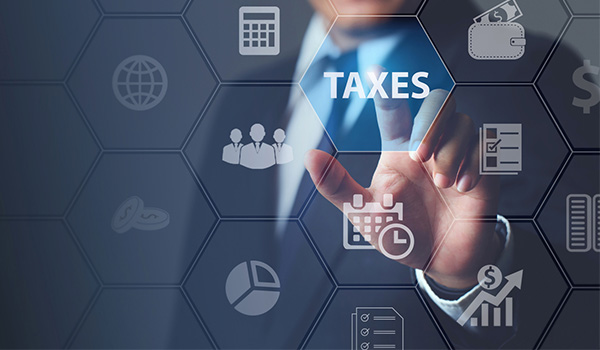06-2-2022 |
Iowa Legislative Session Concludes with a Late Tax Bill
By: Christopher Nuss

This year’s Iowa legislative session finally concluded late last Tuesday night after going about five weeks longer than scheduled. In addition to the major tax changes passed early in the session, an explanation of which can be found here, one other tax-related bill passed through the House and Senate at the end. The bill resulted in being Senate File 2367 (SF 2367), although portions of a Senate bill that did not pass the House (Senate File 2372) made it into SF 2367. The bill has numerous provisions with application to a wide variety of taxpayers - below we touch on the most significant changes.
This bill, primarily relating to sales and use tax, contains 11 divisions. The first division addresses procedural matters - basically combines the reporting of sales and use tax into a single return (where previously they were two separate returns) and reduces the number of tax return filing frequencies from four to two, either monthly or annually. More specifically, taxpayers who collect and remit $1,200 or less file annually, while all others will file monthly. And these returns must be filed electronically unless permission is otherwise granted. As to an effective date, the changes are to be effective upon enactment of the bill, although it will likely take the Department of Revenue (the Department) some time to update forms and the like to allow for practical implementation of the changes.
In the second division, the most notable change was eliminating the sales and use tax exemption for computers and computer peripherals - this is effective beginning January 1, 2024, and is expected to increase tax collections by about $70 million annually. Two new sales and use tax exemptions that were enacted include sales of diapers (both children and adult) and feminine hygiene products. These two exemptions will have a fiscal impact of approximately $12 million each year. More details on the fiscal note for the entire bill can be found here.
In division eight, there is a clarification of the sales and use tax exemption for certain items when manufacturers are producing food or food ingredients. Before this change, the exemption arguably applied only if the food or food ingredient at issue was sold as part of the final consumable product marketed as such. Now, as long as the food or food ingredient could be consumed or eaten, the exemption applies even if sold for a different purpose. The effect of this change is retroactive to January 1, 2019, with the bill also establishing a process for refund claims that must be filed by October 1, 2022.
The remaining divisions of this bill touch on a variety of matters, including but not limited to how to distribute sales tax revenue to local governments and school districts, the Department’s authority to cancel permits not being used, the reduction of the franchise tax rate over time, the solar energy tax credit, and the exclusion from income taxation certain payments and bonuses to governmental employees.
If you have any questions about navigating Iowa’s changing tax landscape, please contact Chris Nuss or any other member of BrownWinick’s Tax Group.

